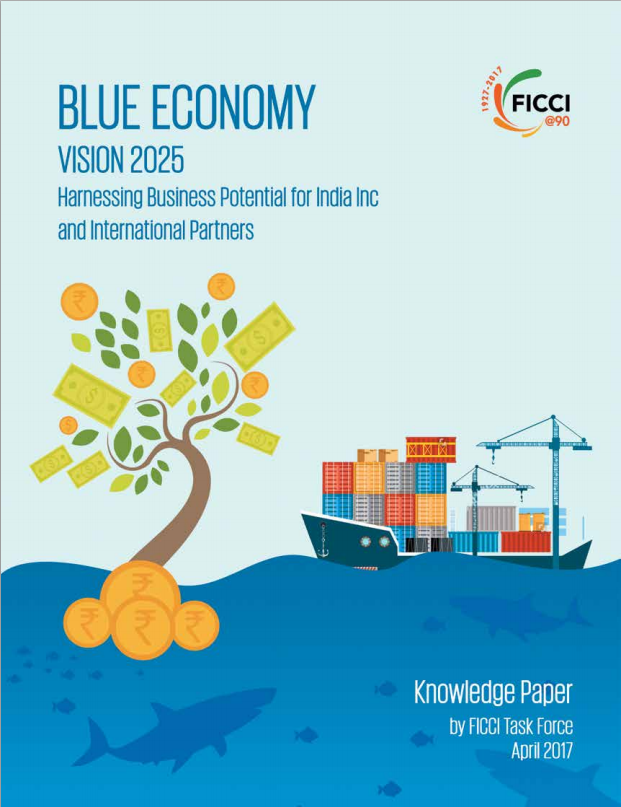 Courtesy: Development Management Institute
Courtesy: Development Management Institute
This speech is the first convocation address delivered by Rajni Bakshi, Gandhi Peace Fellow, Gateway House at the Development Management Institute (DMI) Patna on 18 April 2017, which also marked 100 years of Gandhiji's famous statement before the magistrate in Champaran.
 Courtesy: Village Square
Courtesy: Village Square
Rajni Bakshi, Gandhi Peace Fellow, Democracy and Nation Building Studies, Gateway House, wrote an article for Village Square about Gandhi's ideas on economic democracy and how this could be applied to creating a model of sustainable development of rural society and economy in India.
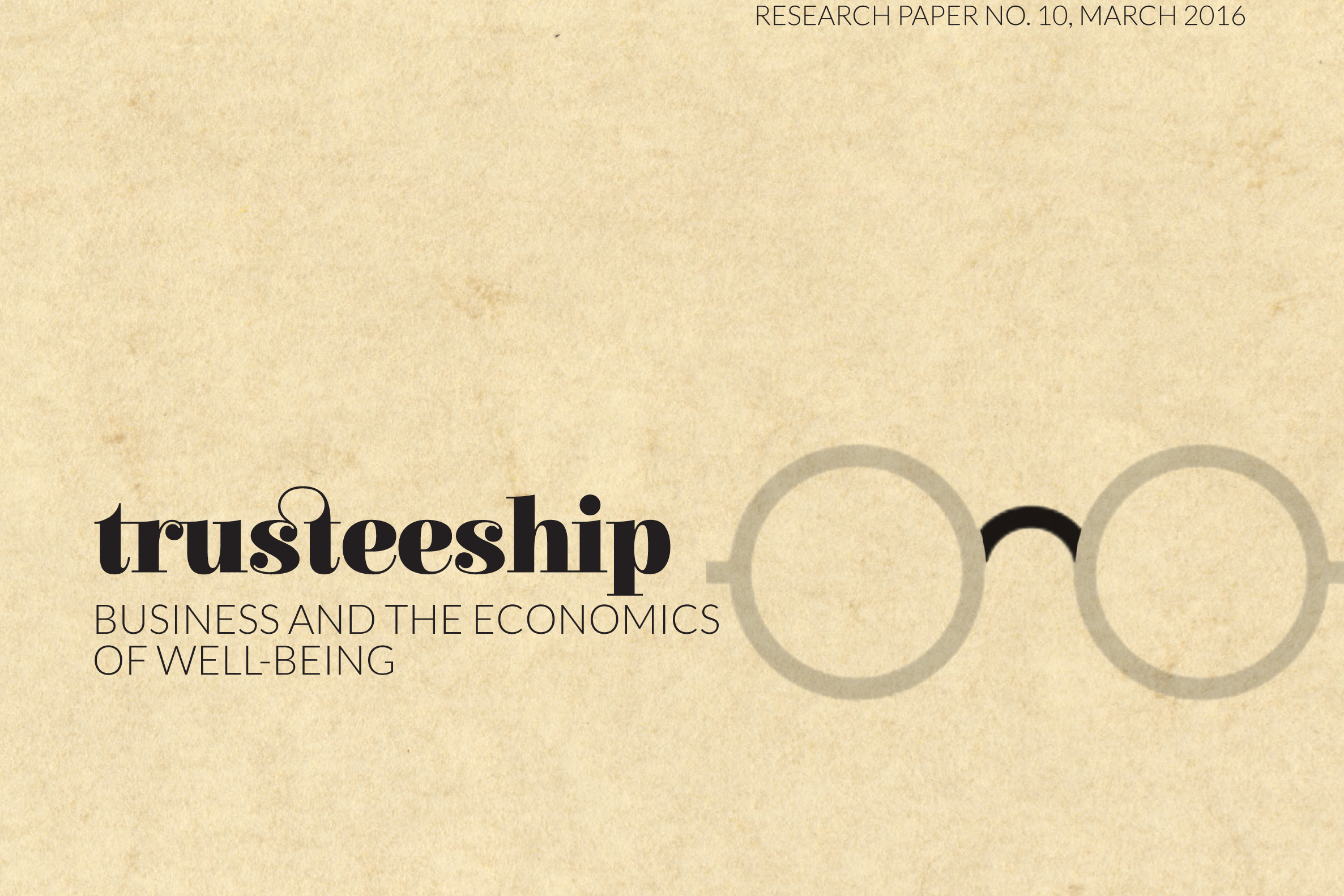 Courtesy: Gateway House
Courtesy: Gateway House
This paper reviews if and how trusteeship can be a lodestar for globally navigating businesses and public policies through a period of technology-driven disruptions and the uncertainties unleashed by climate change.
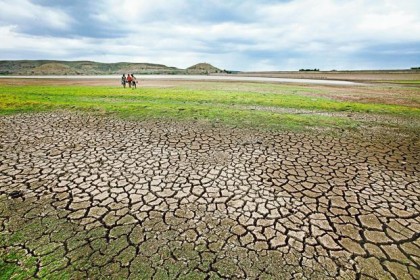 Courtesy: Hindustan Times
Courtesy: Hindustan Times
In a paper submitted to the Degrowth Conference, Budapest, held from August 30 - September 3, 2016, Rajni Bakshi argued that there is much to learn from India's traditional water systems in preparation for the oncoming global water scarcity crisis.
 Courtesy: Common Dreams
Courtesy: Common Dreams
A decade after the term ‘degrowth’ was first deployed by a small group of European academics, it draws unconventional thinkers, not mainstream policy makers. The recent Degrowth Conference in Budapest made perpetual growth, not degrowth, seem utopian.
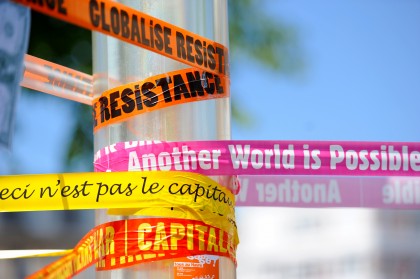 Courtesy: Wikipedia
Courtesy: Wikipedia
The World Social Forum, held in Montreal last week, gave voice to innovative approaches to creating a world system based on social and economic justice, while highlighting the practical complexities of making such a vision a reality.
 Courtesy: World Social Forum
Courtesy: World Social Forum
Globalization appears to be giving way to a wave of nationalist protectionism. At this juncture, it is vital to focus on alternative visions of globalization anchored in concern for the environment, human rights, and economic democracy. The World Social Forum in Montreal from 9-14 August will gather more than 5000 people from across the world and serve as a window to the diverse endeavours in favour of a pro-local globalization based on trans-national solidarity.
 Courtesy: Gateway House
Courtesy: Gateway House
Society is currently floating on the expectation that the world is entering a period of sustained economic growth. However, there is mounting evidence that the existing models of economic growth cannot continue.
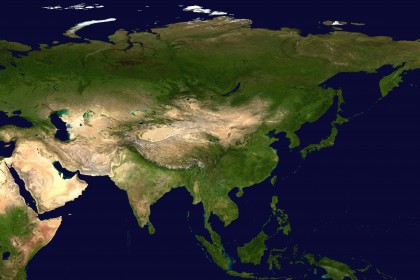 Courtesy: Wikipedia
Courtesy: Wikipedia
Prime Minister Modi’s term has been marked by a resolve to improve cooperation among South Asian nations. These proactive efforts can bear rich fruit if the Modi government promotes the concept of geoeconomic and geopolitical equations being seen through the lens of bioregions. There are significant precedents which the Modi government can build upon



